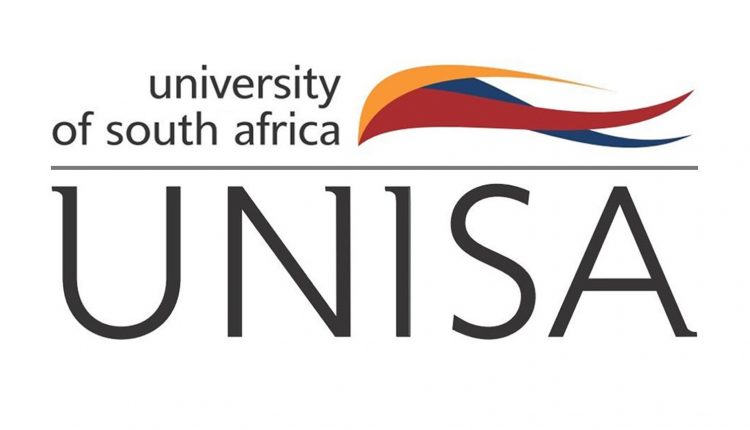University of South Africa students won first place in Africa Metathon 2022
Taking place annually, the AR/VR Africa Metathon is an expanded program built around the flagship the AR/VR Africa Hackathon. It consists of, among others, a community of extended reality creators, enthusiasts and developers from various African countries who are keen to change the technical narrative in Africa. The Metathon encourages participants to be creators of technology instead of just consumers. It is not limited to tech-savvy teams, but also welcomes participation from, among others, artists, writers, entrepreneurs and students interested in VR and AR. Participants get the opportunity to receive training and build solutions in the Hackathon. The winning teams proceed to a bootcamp to develop their solutions into minimum viable products (MVPs).
The first prize entails $1500 for themselves, three-month bootcamp admission and a $5000 grant towards their creation. During this time, they will develop their MVP, which is a prototype to be presented to potential investors early this year. Further, they will attend virtual facilitation sessions covering business skills and knowledge needed to succeed, and have access to a technical mentor. “The aim is for each team to have a functional product to present by April 2023, which can be developed further into a business once the bootcamp has ended,” they remark.
A solution that empowers schools and communities
Using VR, the Jonas sisters created a virtual tour experience that enables access to various tours, allowing users to purchase a tour of different locations and view them using a VR headset. Alongside this creation, they created a virtual box that users can purchase with objects that enhance the tour experience. Other than tourism, the solution also extends to education and social impact tours. Regarding educational tours, these are geared towards schools and those interested to learn more about various communities and cultures. “From a social impact perspective,” they say, “residents will submit a tour of their country to showcase their community lives from their perspective. We will also advertise local businesses through the tours and other relevant methods.”
For the duo, their teaching experiences motivated them to take part in the Metathon. They explain: “There is a lack of understanding between people from different backgrounds all over the world, which is partially due to not being exposed to other cultures, communities, and the issues people face, so we wanted to create awareness and understanding.” They add: “Also, VR is a fascinating technology that allows for immersive virtual experience; hence we used it.”
“Skills acquired at Unisa helped us conquer the challenge”
For the Jonases, Unisa being a leader in open and distance e-learning, teaches students to take initiative, be independent and acquire virtual skills. They say: “The pre-event training also takes place virtually, so it was not difficult to adjust as it was already habitual.” They add: “Our Unisa major modules also teach us to appreciate different cultures and talents from various parts of the world. Therefore, these aspects played a role in how we approached our solution.”
With Unisa being flexible, they say that they were able to juggle work, travelling, volunteering, studying and exploring other opportunities. “Unisa is a good university that promotes African knowledge from varying backgrounds,” they state. In celebration of Unisa’s 150 years, they remark: “Unisa should showcase what it has achieved over the years, including work by students and alumni, and share plans to uplift its students to a new level.” They conclude: “The university can promote African philosophy and knowledge by collaborating with students, staff, and alumni, and through community engagement projects.”

